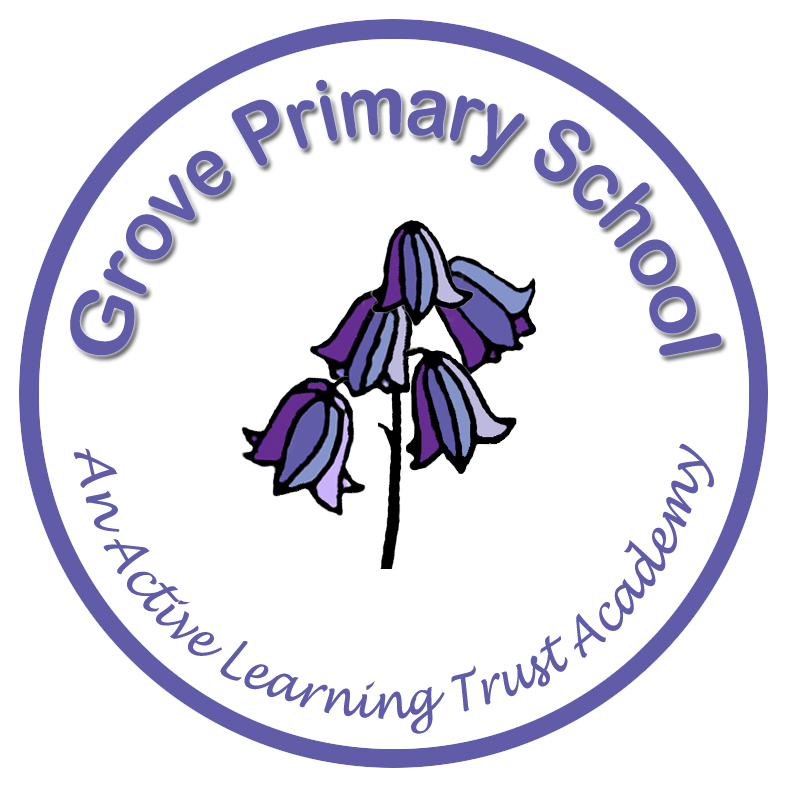- Home
- Learning
- Our Curriculum
- Literacy
- Writing
- Writing LTP and MTP (long term and medium term plans)
- Spelling
Spelling
Our Aim
We aim to teach our children to become competent at spelling but also to have an interest in words themselves, for example the word origin and history (etymology). Children who can spell well are often more confident writers. They are more likely to write their ideas quickly and fluently as they don't need to worry about whether or not their spelling is correct. They are also likely to be more adventurous with the words they use to express themselves. Spelling helps children to communicate confidently in the written form. It also helps with reading and vocabulary development.
Entitlement and curriculum provision
Spelling is explicitly taught as part of a planned programme following the requirements of the National Curriculum. In the Foundation Stage and Key Stage One, pupils have daily sessions of phonics. In Years Two to Six, pupils have regular, focused spelling sessions throughout the week. Spellings are mapped out on our two year long term plan to ensure coverage of the statutory requirements.

Spelling in Key Stage One
In Key Stage 1, children practice weekly spellings as part of their home learning. These are known as rainbow words. Children practice 6 words per week and these are reviewed and updated each week. In Reception, children have rainbow reading words, these words work on the same basis.
All words are based around the order of harder to read and spell words in the ELS phonics scheme.
Spelling in Key Stage Two
A big focus on phonics continues when the children enter Key Stage Two. We continue to build and develop their phonic knowledge with the increasing complexity of words the children are exposed to. Every class has regular spelling sessions. (between 3-5 sessions a week). We follow our spelling long term plan to ensure coverage for the statutory requirements of the English National Curriculum. We have moved our focus away from testing and spend more time during the week exploring the rules and phonic patterns, identifying word meanings and syllabifying the words in order to make them easier to spell.

